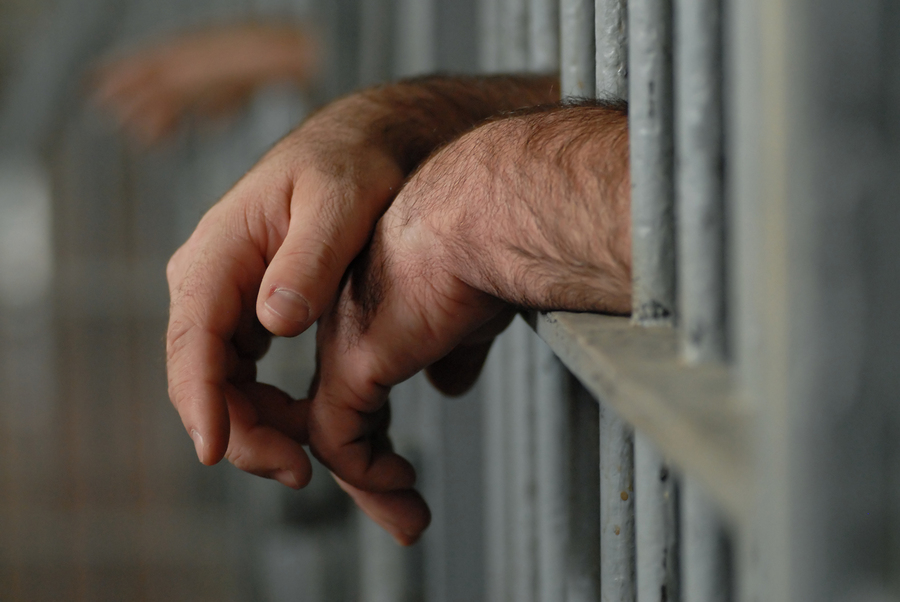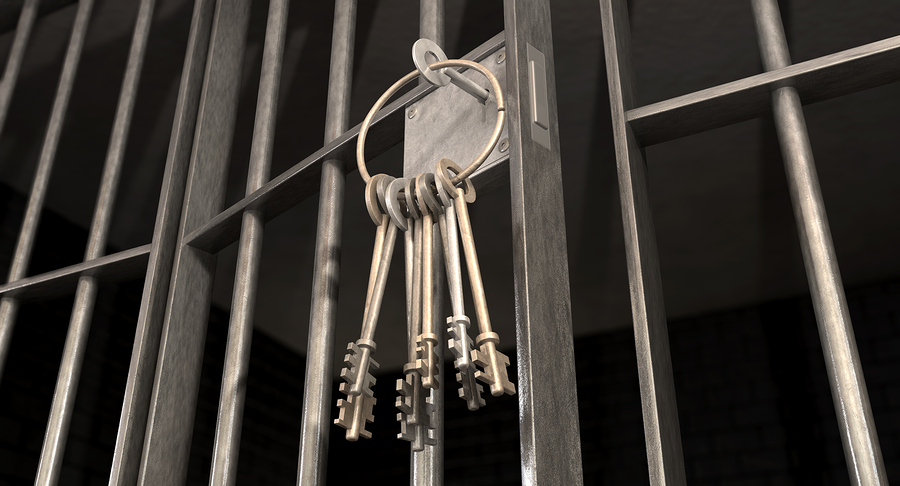
When Does Pennsylvania Use the Death Penalty?
Formally known as “capital punishment,” the death penalty has long been a subject of bitter and emotional debate. Proponents say it is only just that heinous and sadistic acts be punished with the harshest possible consequences. Opponents call the death penalty useless at best and barbaric at worst, arguing that killing prisoners does nothing to improve the issue at hand. To date, 18 states have abolished capital punishment altogether — but Pennsylvania is not among them. What sort of extreme circumstances could cause a convicted offender to receive the death penalty in Pennsylvania?

193 Inmates on Death Row in Pennsylvania
Texas has earned the dubious distinction of being the state most likely to put prisoners to death. The Lone Star State used capital punishment a total of 515 times since 1976, putting it far ahead of Oklahoma in second place with 111. By comparison, Pennsylvania’s numbers are tiny: with just three executions in over 40 years, Pennsylvania actually has one of the lowest numbers in the nation.
Then again, that number only reflects the past; not the future. A total of roughly 193 inmates are sitting on Pennsylvania’s Death Row at this very moment — one of the higher numbers in the United States. To put the matter into perspective, Pennsylvania and South Dakota have conducted the same number of executions since 1976 — yet only three prisoners are waiting on Death Row in South Dakota.
The three inmates who were executed in Pennsylvania shared many traits in common with one another. All three were male; all three voluntarily waived their chance to appeal; all three were executed via lethal injection during the summer months; all three were executed during the 1990s; and all three executions took place during the governorship of Republican Governor Tom Ridge. (Ridge would later go on to serve as the first U.S. Secretary of Homeland Security and U.S. Homeland Security Advisor under the Bush administration.)
The men shared a final similarity: they all committed criminal homicide.

Capital Punishment for First Degree Murder and Aggravated Murder
In 1995, Keith Zettlemoyer was put to death. Months later, so was Leon Moser. In 1999, Gary Heidnik was the final and most recent convict to be executed in Pennsylvania.
What were their crimes? What could merit capital punishment in a state where it’s so rarely utilized?
In 1980, over a decade before his execution, 39-year-old Selinsgrove native Keith Zettlemoyer was convicted of murdering his friend Charles DeVetsco. DeVetsco was Zettlemoyer’s friend because they were former partners in crime. DeVetsco was scheduled to testify in a robbery trial, so Zettlemoyer decided to silence him. Under Pennsylvania statutes, if a victim is “killed for the purpose of preventing his testimony against the defendant in any grand jury or criminal proceeding,” murder becomes elevated to aggravated murder — arguably the most harshly punished crime on the books.
52-year-old former Army lieutenant Leon Moser murdered his ex-wife and two daughters in a premeditated scheme that tied into a suicide plot. A series of three suicide notes explained that he planned to execute his daughters, wanting them to “remain innocent and rest in peace with me.” Diverging from his original plans, Moser then shot his ex-wife in the back as she attempted to flee the scene. He was unable to follow through with the suicide component of his plan, and later welcomed his sentence, saying, “I request the death penalty and that it be carried out as soon as possible.”
For the gruesome nature of his crimes, Gary Heidnik is probably the most famous of the trio. Heidnik was a “career criminal,” whose morbid “resume” included simple assault, aggravated assault, spousal rape, serial rape, kidnapping, torture, sexual assault, and ultimately murder. Through the 1970s and ’80s, Heidnik established a sordid MO: kidnapping mentally ill African American women, imprisoning him in his home, torturing them, and raping them. One woman died during her captivity.
Heidnik was active in North Philadelphia, “operating” out of his home at 3520 N. Marshall St.
Executed on July 6, 1999, Heidnik was the last person to receive capital punishment in the state of Pennsylvania. Depending on the outcome of her case, Miranda Barbour may be the next.
If you have been charged with homicide in Pennsylvania, everything is at risk — maybe even your life. You need to speak with an experienced criminal defense attorney immediately. Call the law offices of Young, Marr, Mallis & Associates at (609) 755-3115 in New Jersey or (215) 701-6519 in Pennsylvania, or contact us online. Your first consultation is free.





